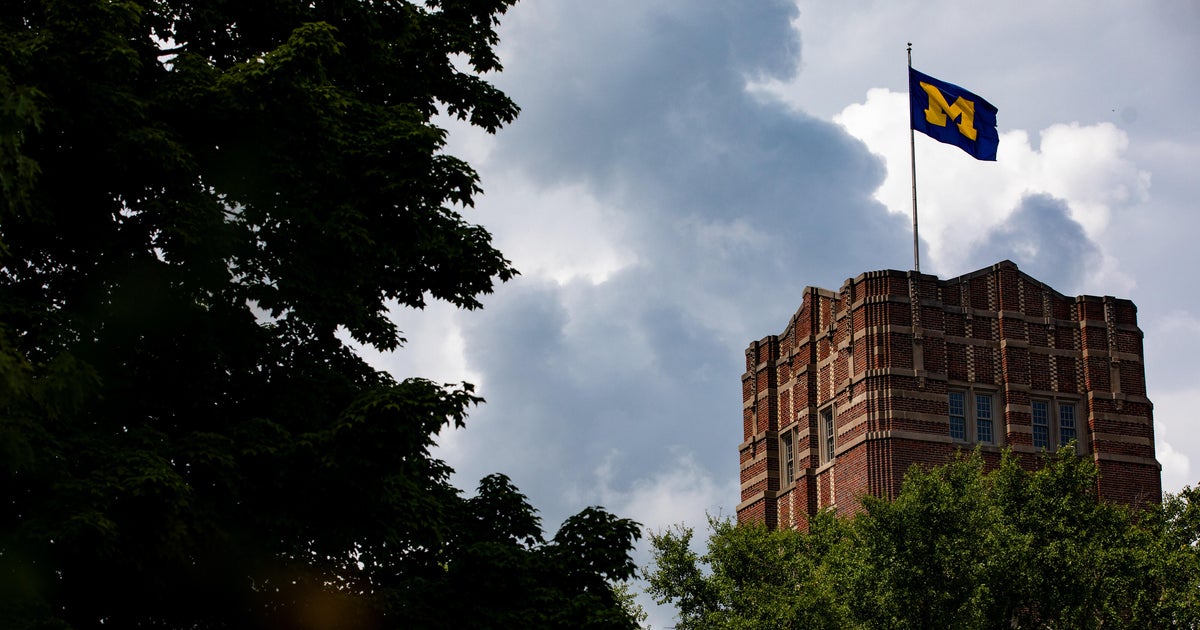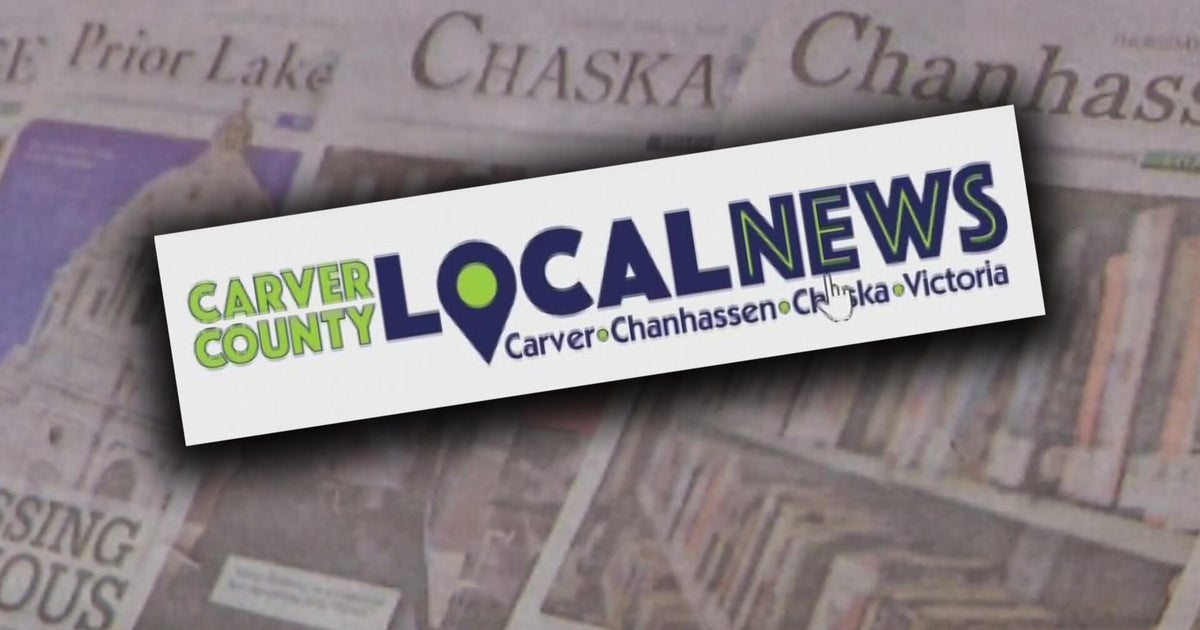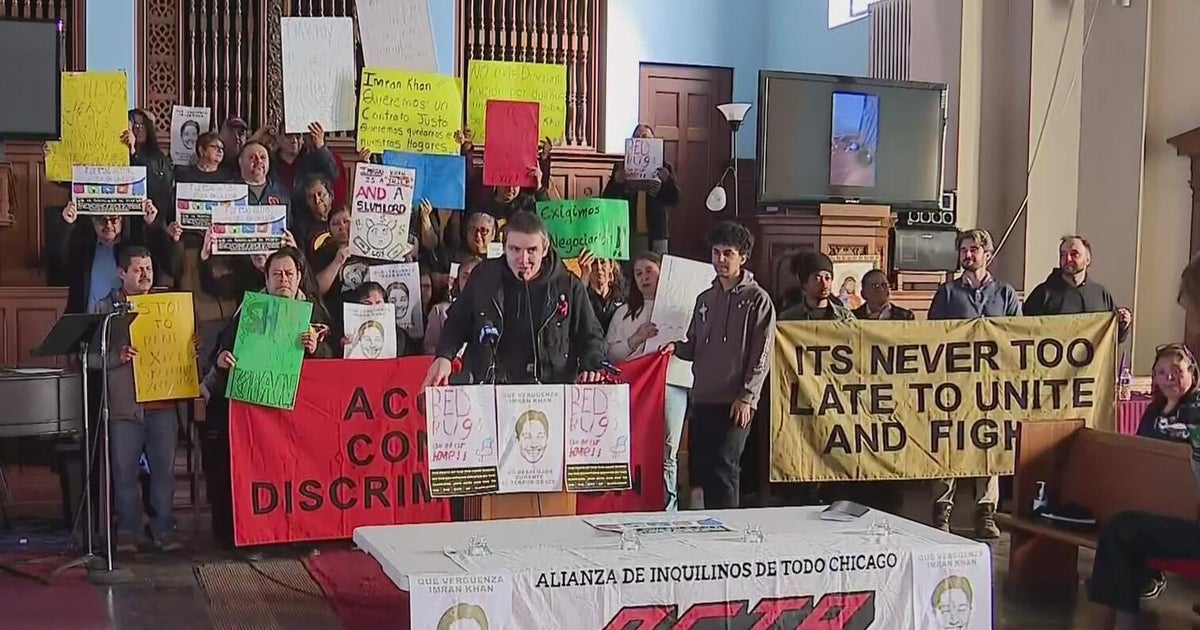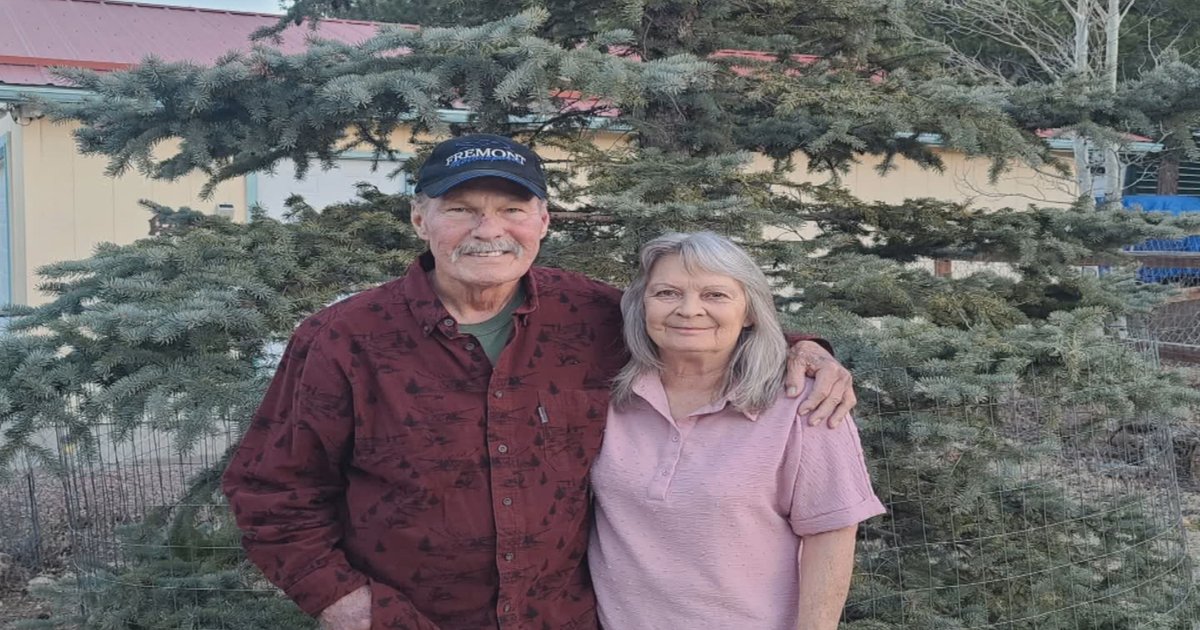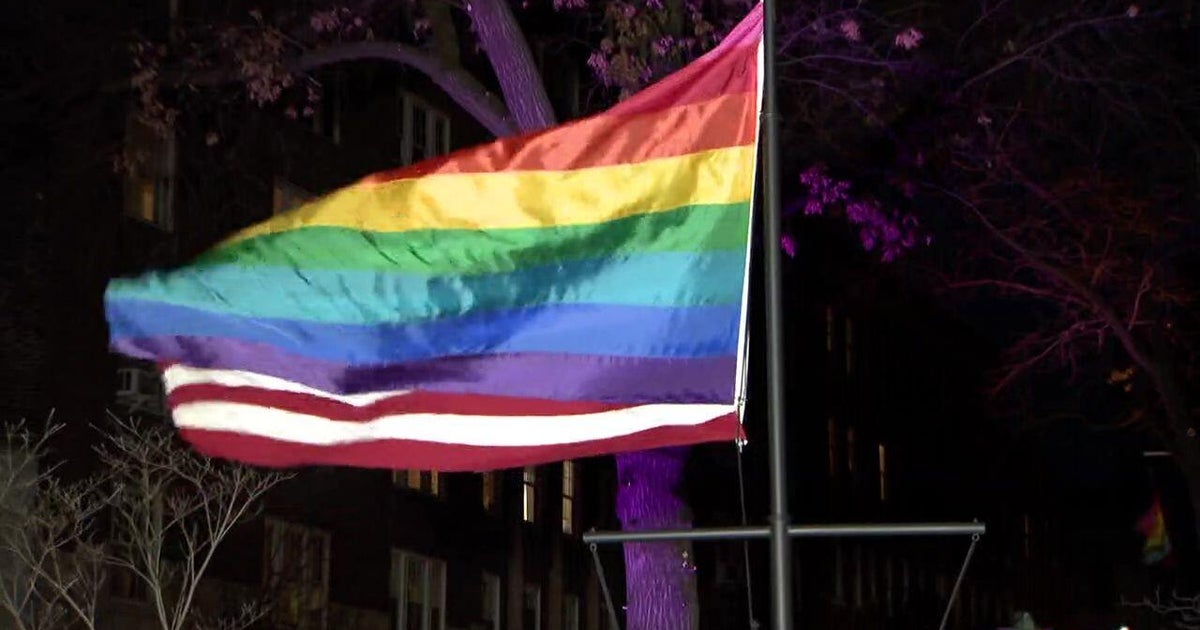State Suing Life Insurance Companies For Not Paying Beneficiaries
MINNEAPOLIS (WCCO) -- People pay into life insurance policies with the expectation that loved ones will benefit when we die.
But WCCO discovered the State of Minnesota has sued several companies for not paying beneficiaries, to the tune of tens of millions of dollars. Many have settled, but even more companies are pushing back, saying they shouldn't have to pay.
Brad Hokanson enjoyed going to Gopher games with his dad, Stan.
"It was this guaranteed time that we could meet," Brad Hokanson said.
Sometimes Stan would bring up his will, and insurance papers.
"At the time when you're younger a lot of it goes over your head, and that will come up later, and I don't have to worry about it," Brad said.
In 2002 when his dad died, Brad was the executor of the estate handling everything he knew about. Ten years went by before Hokanson learned his dad's life insurance company owed him more than $10,000.
"It could have been more dire situations for us financially, but that wait was something that was a little bit off-putting," Hokanson said.
"They have been holding on to a gold mine of money that really belongs to beneficiaries," Commissioner Mike Rothman of the Minnesota Department of Commerce said.
Rothman was outraged to learn insurance companies knowingly didn't pay on policies.
"It's unconscionable when an insurance company knows their policy holder has passed away, kept the money and then used it for investment and then not pay beneficiaries the rightful money that they're owed," Rothman said.
In many cases, he says the beneficiary didn't know about the policy. The life insurance company had the name and contact information but never contacted them, only paying out if a beneficiary filed a claim.
"It's unfair clearly, and it's not their money and it's tantamount to theft in a way," Rothman explained. "These are the largest brand name national insurance companies throughout the United States."
The state has settled with: Met Life, John Hancock, Lincoln, Prudential, Transamerica, AXA, Jackson National, New York Life and Voya. The commerce department found more than $200 million owed to Minnesotans. So far, companies have paid $143 million to beneficiaries. Another $31 million ended up with the state as Unclaimed Property for relatives companies couldn't reach. Other insurance companies that owe money are pushing back.
"They say people haven't made claims," Rothman said.
"Some people may need the money substantially if their loved ones die," Brad Hokanson said.
This experience has left Brad thinking about his own policies.
"What should I be doing is making sure all my accounts are fairly clear so that my wife now knows where my money is and what she should be addressing when eventually I pass away," Hokanson said.
Rothman said sharing that information is your best defense.
"If you expect your insurance company to pay your beneficiaries when you die, they're not doing that. You should make sure to get the information to your family, keep the information in a safe place, so it doesn't happen to you," Rothman said.
Under the settlements, insurance companies are required to notify beneficiaries. The state is investigating seven more companies. Click here to see if you are owed money.
The insurance companies who have reached settlements with the state offered these statements:
Met Life: "In 2014, MetLife reached a settlement agreement with the state of Minnesota related to unclaimed life insurance proceeds. MetLife has a long history of keeping its promises to customers and their families, and of paying benefits to those who are entitled to them. MetLife has taken a variety of proactive steps over many decades to locate the small number of policyholders who have lost contact with the company. This includes using the Social Security Death Master File in 2011 to match virtually all of our administrative records. The company believes it is an industry best practice to leverage available technologies and available data sources -- including the Social Security Death Master File -- to regularly identify policyholders who have died but whose beneficiaries have not yet made a claim and supports legislation that would require available data resources be utilized."
John Hancock: "John Hancock has a strong record of paying claims to the rightful owners of our policies/contracts and their loved ones, as well as submitting unclaimed property to the states. The vast majority of our contract and policyholder benefits are paid in a timely manner. While the processes required by the settlement, reached in the middle of last year, go beyond those required of insurers by law or regulation, we were pleased to further strengthen efforts to locate beneficiaries in those relatively small number of cases where claims are not submitted. Of course we know that all benefits no matter how small are important to recipients. The settlement is consistent with John Hancock's commitment to keeping its promises to its customers and our industry leadership around the issue of locating beneficiaries where claims are not submitted."
Lincoln: "Lincoln Financial reached a settlement agreement in September 2014 with the Minnesota Department of Commerce – following a regulatory exam related to unclaimed life insurance proceeds – but did not admit to any wrongdoing. Paying all legitimate claims is of utmost importance to us, and Lincoln will continue to administer and enhance controls that provide quality service to our policyholders."
Prudential: "At Prudential, we believe there is nothing more important than honoring our obligations to our policyholders. As part of our standard operating procedures for individual life insurance policies, Prudential has proactively used the Social Security Death Master File (SSDMF) since 1998 to identify deceased policyholders even when a claim for benefits has not been made by a beneficiary. Prudential's procedures have always been among the most progressive in the life insurance industry, and state regulators have recognized Prudential as one of the few insurers that has been using the SSDMF for many years. We, along with other leaders in the industry, support the American Council of Life Insurers' call for the enactment in all 50 states of a national standard requiring companies to regularly compare their records with deaths recorded on the SSDMF. We remain committed to providing beneficiaries with the death benefits that their loved ones established for them. Anyone who needs help determining if they are a beneficiary of a Prudential life insurance policy should call our Customer Service Center at 1-800-778-2255. Anyone looking to file a life insurance claim should call our Claim Center at 1-855-277-8061. Both call centers are open between the hours of 8 a.m. and 8 p.m. ET Monday to Friday."
Transamerica: "Transamerica is committed to delivering on the promises we make to our customers and their beneficiaries. Each year, Transamerica pays out billions of dollars in claims and benefits, enabling individuals and families to manage through difficult personal circumstances while maintaining a secure financial outlook. In 2014, Transamerica entered into a Resolution and Regulatory Settlement Agreement with the Minnesota Department of Commerce. The agreement was a continuation of work already begun by Transamerica to implement a more robust process for identifying potential beneficiaries of deceased policyholders in situations where a claim has not been submitted. This approach includes making better use of technology and working with various state departments of insurance and unclaimed property administrators, in order to identify beneficiaries who may be unaware of insurance benefits owed to them. We at Transamerica are committed to ensuring the prompt payment of benefits to those intended, and equally important, to safeguarding the confidence and trust of those who depend on us."
AXA: "AXA complies with the applicable laws and regulations pertaining to unclaimed property. The Company remains deeply committed to ensuring that it meets all requirements in this regard. Our efforts include quarterly matches of our insureds – including those whose policies have recently lapsed – against the Social Security Death Master File across all jurisdictions, even where not required by law."
New York Life: "More than 99 percent of New York Life's death benefits have been paid out through traditional means, in which beneficiaries notify the company and file a claim. In 2015 alone, the company paid $9.8 billion in policy owner benefits and dividends, including $3.9 billion in death benefits. While the claims process starts when a beneficiary files a claim, New York Life has long had procedures in place to identify policy owners who may have died but for which no claims had been filed; these include tracking returned mail and cross-checking between deceased annuitants and our life insurance policy owners. In recent years, we began to incorporate the Social Security index into our searches, as well, and this evolved in 2011 into routine checks of our entire in-force policy owner list against the index. Over the years, our procedures have enabled New York Life to make virtually all payments to the rightful policy owners or beneficiaries, with only smaller amounts needing to be turned over to the states when we were unable to find the right parties. We also assist anyone who later believes they may have unclaimed funds that have been turned over to their state, so they can rightfully receive their funds."
Voya: "Voya Financial has an established track record of honoring our long-term commitments to consumers. We have made a significant investment in software that cross-references our customers with government data, and we make multiple attempts via phone, mail and email (if available) to contact beneficiaries over several years, prior to transferring unclaimed property to the appropriate state. These practices reinforce our commitment to protecting the financial security of our customers and their families."

